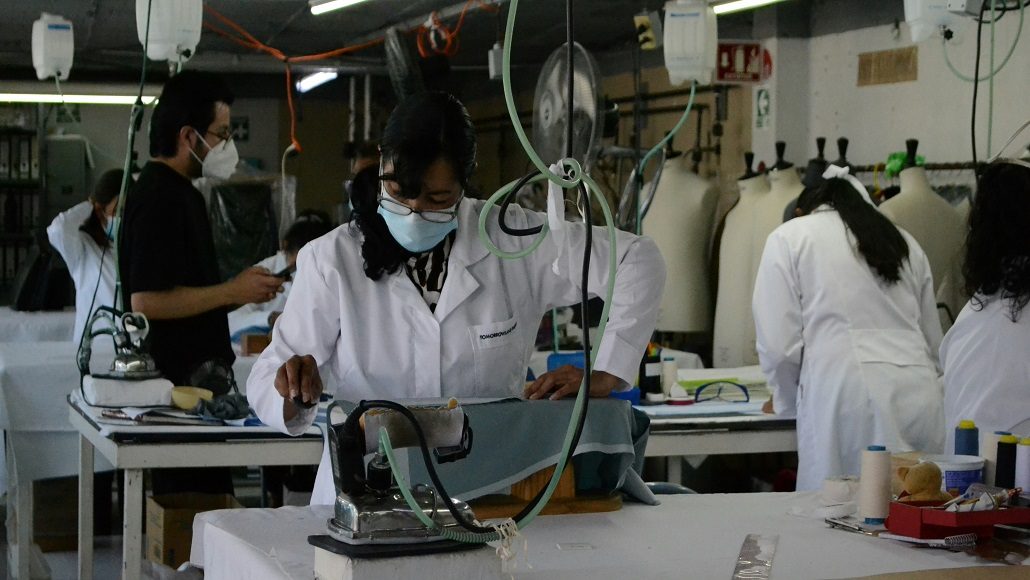Vietnam’s textile and apparel industry is set to make a significant shift towards electric thermal technology later this year with the installation of the country’s inaugural steam-generating heat pump at a garment factory located near Hanoi.
This initiative is the result of a partnership among the Apparel Impact Institute (Aii), WWF, H&M Group, and textile manufacturer Bangjie, whose Hung Yen facility provides products for the Swedish fashion retailer.
This pilot project represents the first electrification venture within Vietnam’s textile sector, which plays a vital role in the nation’s economy and contributes significantly to its carbon emissions. The electric heat pump is designed to replace traditional coal-fired boilers, fulfilling the factory’s steam and heating needs in a cleaner and more efficient manner.
Additionally, this project is aligned with H&M Group’s objective to reduce supply chain emissions by 56% by 2030.
Textile production heavily relies on thermal energy, which constitutes over half of the industry’s total energy consumption. Steam and hot water are essential for processes such as dyeing, washing, bleaching, and drying.
The new system will utilize waste heat generated from factory operations to facilitate dyeing, drying, and setting processes, while also enhancing indoor air quality through cooling.
This initiative is part of Aii’s Low Carbon Thermal Energy Roadmap, which aims to promote early-stage electrification projects to foster adoption and drive down costs over time.
































